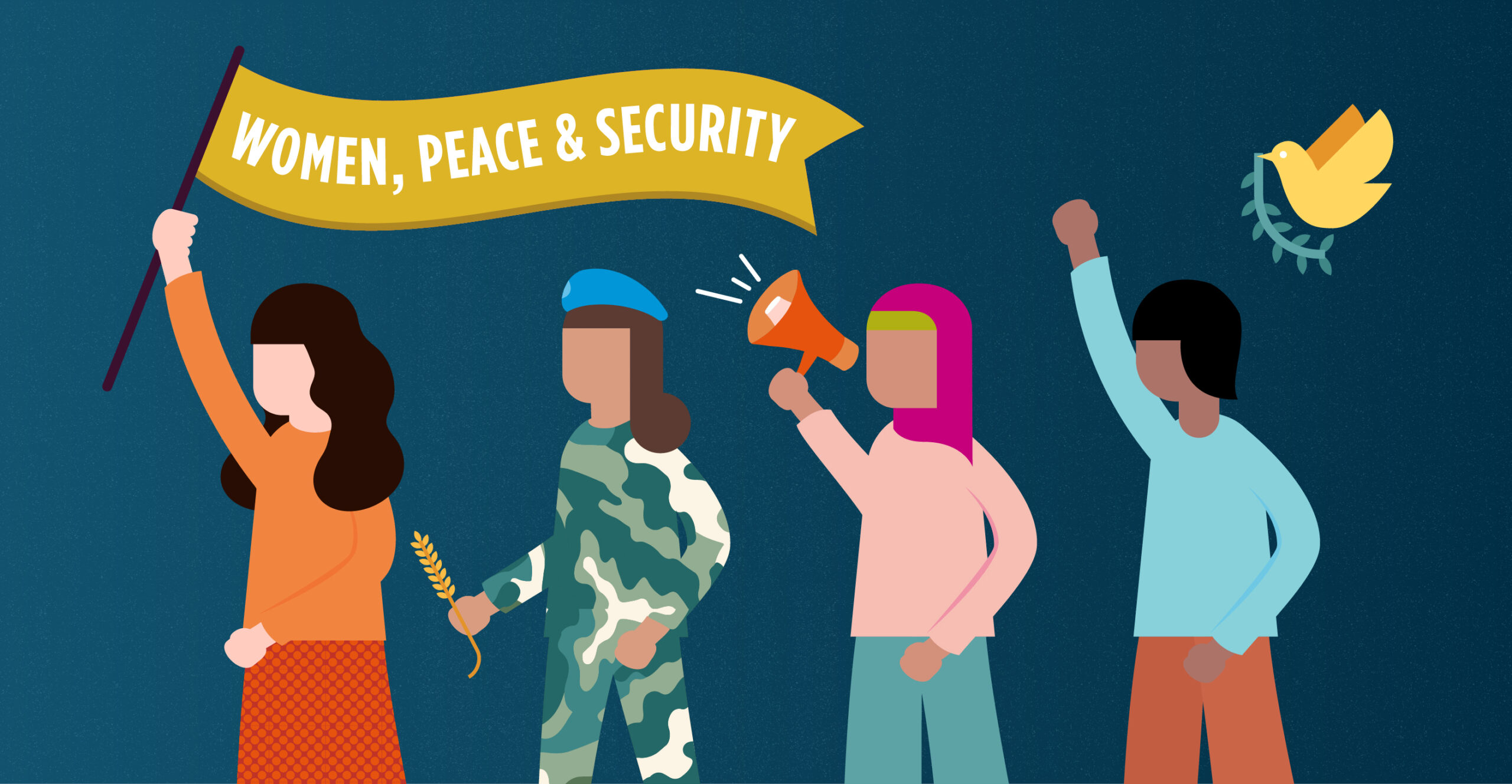The pursuit of world peace is an intricate tapestry woven from diverse strands of belief, culture, and aspiration. In this weave, the Bahá’í teachings emerge not merely as another thread, but as a transformative method steeped in profound wisdom and insight. With an emphasis on unity, the Bahá’í Faith unveils a multifaceted approach to achieving sustainable peace, which can be understood through several key dimensions.
First and foremost, the Bahá’í teachings assert the oneness of humanity. This principle posits that all individuals, regardless of race, nationality, or creed, are manifestations of the same divine source. The awakening to this fundamental truth serves as a vital precursor to fostering peace; when we recognize our shared essence, the artificial barriers that divide us begin to dissolve. This realization is akin to viewing a prism: each unique facet contributes to the brilliance of light, yet the essence remains singular. Embracing this unity not only cultivates compassion but also ignites a collective responsibility to nurture an environment where peace can flourish.
To further delve into this transformative method, one must explore the interconnectedness of justice and peace. The Bahá’í teachings emphasize that genuine peace cannot exist in the absence of justice; they are intrinsically linked, much like the two wings of a bird that allow it to soar. Justice serves as the bedrock upon which peace is constructed. Without equity, the edifice of tranquility is fragile and susceptible to collapse. Thus, the pursuit of justice—be it social, economic, or political—becomes paramount in any effort directed towards lasting peace.
Central to this discourse is the concept of consultation as a framework for problem-solving and decision-making. Bahá’í teachings advocate consultation as a means by which communities can navigate the complexities of conflict and coexistence. This approach fosters a spirit of collaboration rather than confrontation, allowing individuals to collectively explore diverse perspectives. Imagine a symphony orchestra, where each instrument plays a distinct part; through consultation, discordant sounds are harmonized into a melodic whole. This paradigm not only enhances understanding but also cultivates respect and encourages communal spirit, crucial elements in the quest for peace.
Moreover, the transformative method of the Bahá’í Faith encompasses the cultivation of spiritual qualities—love, humility, and patience among them—as foundational virtues that contribute to a peaceful society. When individuals embody these characteristics, they radiate positivity and resilience in the face of adversity. For instance, love acts as a formidable catalyst that disarms hostility; when one approaches others with genuine affection and respect, the likelihood of conflict diminishes significantly. In this light, every act of kindness becomes a brushstroke in the grand canvas of peace.
The Bahá’í approach also inherently promotes global consciousness and responsibility. In an age marked by globalization, the actions of one nation or community inevitably reverberate across the globe. The teachings encourage individuals to recognize their role as global citizens, where empathy extends beyond local confines. This perspective is illustrated through the concept of “the world as one country,” wherein the infinite horizons of our actions have profound implications. Every step taken towards peace in one locale bolsters the foundation of harmony universally.
Equipped with the understanding that collective advancement is indissociable from individual transformation, the Bahá’í Faith posits that personal development is essential for societal progress. The notion of “the betterment of the world” emphasizes that systemic change is inadequate without corresponding inner growth. Much like a sturdy tree requires deep roots to withstand stormy weather, a peaceful society necessitates individuals grounded in virtues and character. This dual focus enables the flourishing of both personal well-being and communal tranquility.
Educational endeavors constitute another pivotal aspect of the Bahá’í method for promoting peace. Education is viewed not merely as the transmission of knowledge but as the cultivation of virtues necessary for the well-being of society. By elevating the educational standards of all, particularly for marginalized groups, an inclusive environment emerges where dialogues and understanding proliferate. The Bahá’í teachings embody the belief that through education, barriers are dismantled, and the seeds of peace are sown.
Ultimately, the transformative method of the Bahá’í teachings relies on an unwavering commitment to service. Service transcends mere acts of charity; it embodies the spirit of giving while fostering unity and understanding. When individuals dedicate themselves to the welfare of others, they create ripples of change that culminate in a wave of peace. This altruistic behavior is likened to the pouring of water into a parched land, where even the smallest contribution can yield miraculous results.
In conclusion, the Bahá’í teachings articulate a transformative method that prioritizes unity, justice, consultation, spiritual virtues, global consciousness, personal growth, education, and service. Each of these dimensions meaningfully contributes to a framework that not only aims for the cessation of conflict but aspires to the flourishing of a world where peace is not simply an ideal, but a lived reality. Through embracing these principles, the journey towards sustainable world peace is not only envisioned but actively pursued, illustrating the profound capacity of humanity to evolve towards a harmonious existence.
